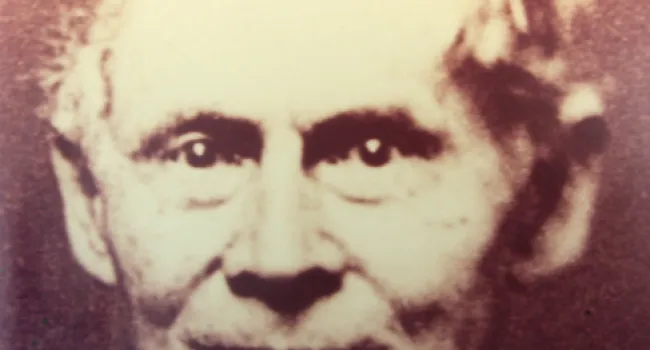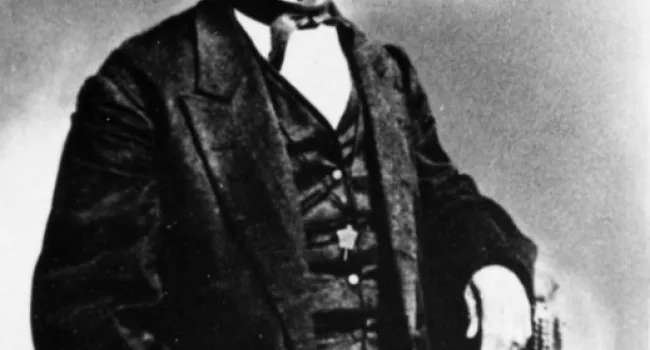Kaltura
William Gregg (1800-1867) was born in Charleston and was a leading advocate of Southern industrialization. He founded a successful cotton mill in Graniteville, South Carolina and brought the concept of the “mill village” to South Carolina.
Standards
- 4.3.CX Contextualize South Carolina’s role in the development of sectionalism during the antebellum period.
- 4.4.CO Compare the economic and political causes of the Civil War.
- 4.4.CX Contextualize South Carolina’s experience during the Civil War.
- This indicator was developed to encourage inquiry Ito the relationship between the Civil War and the experiences of women, African Americans, and the planter class in South Carolina.
- 4.4.CC Identify and evaluate the economic, political, and social changes experienced throughout the Civil War.
- 4.4.E Analyze the economic, political, and social divisions during the Civil War.
- 4.5.CX Contextualize the economic, labor, political, and social conditions in South Carolina during the period of Reconstruction.
- 8.3.CX Evaluate the economic significance of agriculture on South Carolina, the U.S., and the world.
- This indicator was designed to encourage inquiry into the economic implications of the expansion of the rice and cotton industries. This indicator was also developed to promote inquiry into Westward Expansion, the mutually beneficial impact of cotton on Northern factories and southern plantations, and the emerging national and international markets.
Resources
You need to be logged in to listen to view this content. Create an account now; it's quick, easy, and free!
Log In to View





